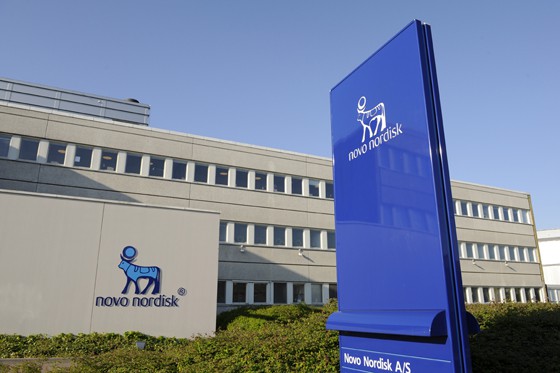
Novo Nordisk has become the latest pharma company to vent its frustration with Germany’s strict new drug pricing rules by pulling its new insulin off the market.
The Danish firm said in a statement that it has decided to “cease distribution” of its once-daily basal insulin Tresiba (insulin degludec) in Germany “following a negative outcome of price negotiations with the GKV-Spitzenverband” – the German national association of statutory health insurance funds.
The price negotiations between pharma and German payers has since 2011 become much harder for the industry as the new AMNOG law has allowed the country’s health technology assessors to compare new medicines to older, cheaper drugs.
The GKV will now negotiate with pharma on price, but it is often far lower than what the company would want. A firm cannot argue against the use of a comparator or the final price tag – and so the only option left, as Novo has done, is to pull its product out of the market.
Novo Nordisk said: “In order to ensure a safe switch to another insulin treatment for the 40,000 people with diabetes currently using Tresiba, Novo Nordisk will continue supplying the product until the end of September 2015”, but then will halt the product’s sale in the country. This will affect around 40,000 patients in Germany.
Jakob Riis, executive VP in Novo Nordisk, explained: “We are very sad that it has not been possible to reach a price agreement with the insurance fund.
“Tresiba offers important benefits for many people with diabetes as recognised by the European health authorities, among others. The GKV-Spitzenverband decided nevertheless to set the price at the level of ordinary human insulin, a product that was launched in the 1980s.
“If we were to accept this price, we would undermine our ability to research and develop medical innovations for people with diabetes. That would not be in the best interest of the millions of people with diabetes for whom current treatments are insufficient to control their disease.
“We deeply regret the uncertainty and inconvenience this situation creates for the affected patients and physicians in Germany, and will do our utmost to support them in the process of switching patients to another insulin treatment.”




